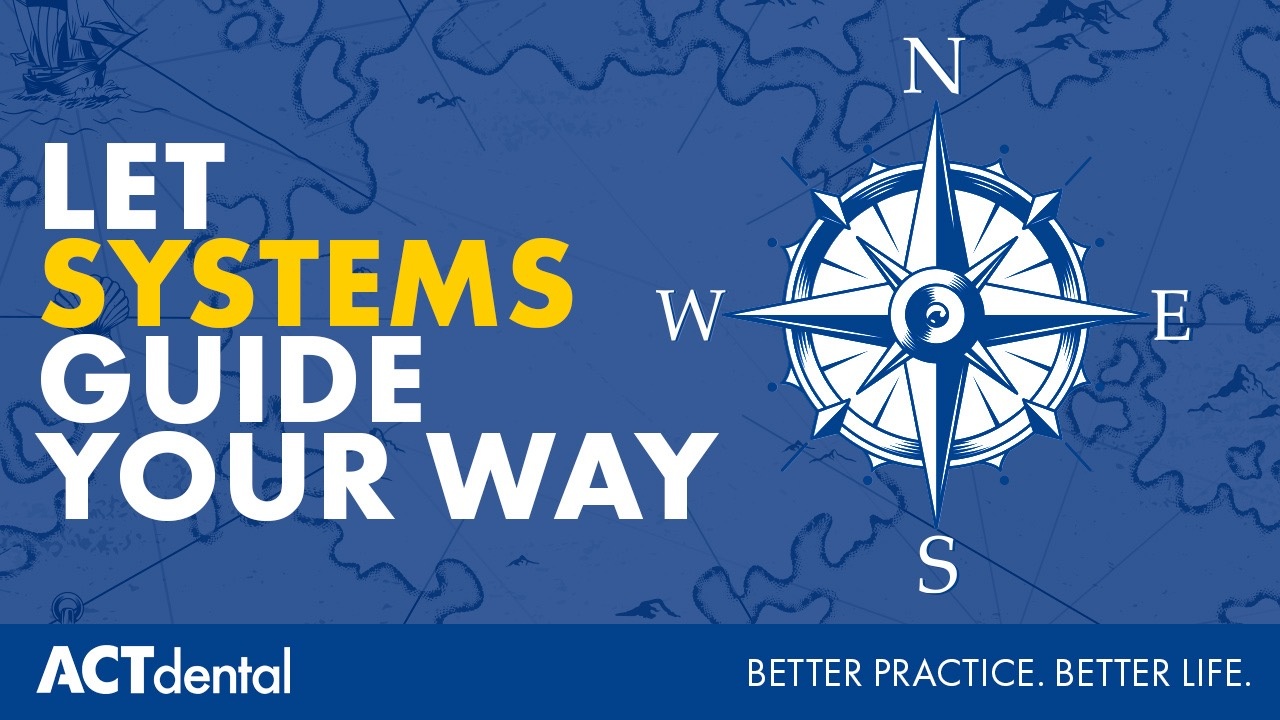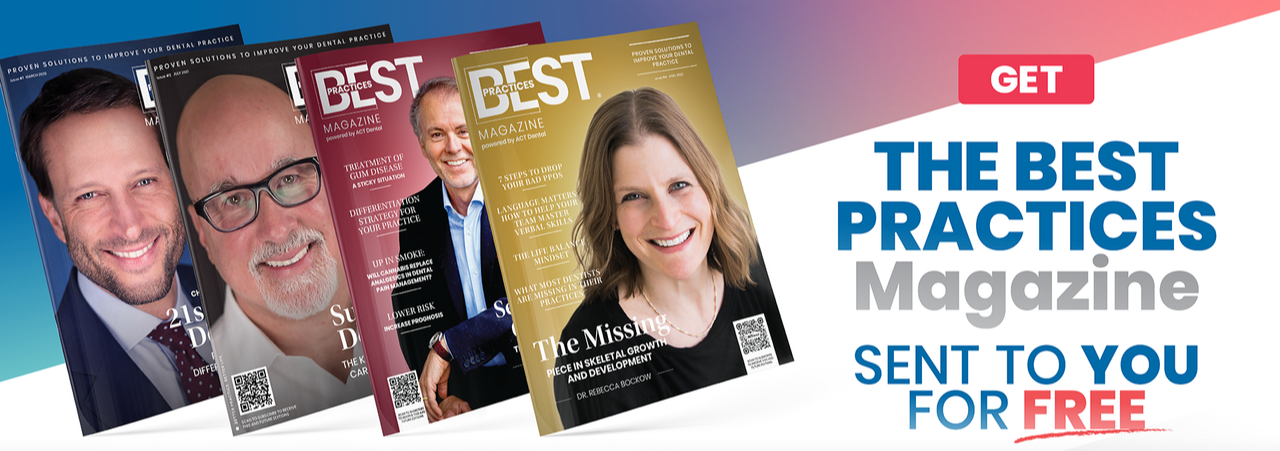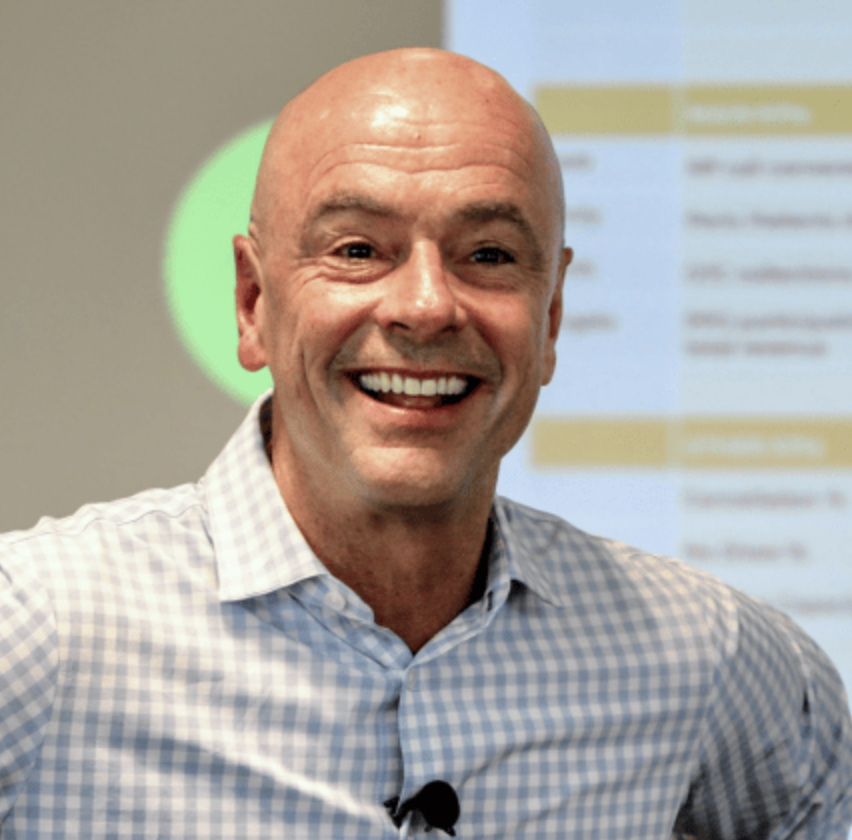Your team members are such an important component of your practice, and it certainly could not function without them. “Your people are the secret sauce,” Kirk says, “but there’s a dangerous point where you’re people-dependent.” It’s when you rely on individuals instead of systems that you run into trouble. There’s no ignoring that it makes your life better when you’re just able to trust that certain team members know how to do everything and don’t need supervision, but what happens if they leave? All that knowledge goes with them. You need to let systems, not people, drive your practice. People leave, systems don’t.
It's easy to become dependent on people because there are so many pieces to dentistry but doing so sacrifices efficiency and effectiveness in your practice. Make the transition to being organized and you’ll find that you’re saving both time and money and reducing the amount of conflict you encounter.
Do it Now, Save Time Later
There are so many little things in your practice that you’ll end up doing ten thousand times over the course of your career. It may only take you ten minutes to do it, but when you consider that you’re going to have to devote ten minutes to do it uniquely ten thousand times, it really adds up. The idea is to do it once, then duplicate it. Consider when a patient comes in for an emergency appointment—you could either have the clinical team take ten minutes to figure everything out when the patient arrives, or have the admin team take ten seconds to put a note in the appointment that explains why the patient is there. Ten seconds versus ten minutes, and you can do it across the board so that everyone who does it saves time.
If you have a new team member or someone who hasn’t performed the task before, it takes extra time because they must learn how. But when you devote the time to creating a system, you create a standardized method that saves you hours in the future and ensures that everyone does the task the same way every time.
Stop Wasting Money
When attempting to solve a problem in a people-dependent practice, you just end up throwing more money and energy toward it. Consider your admin team: if you have three people up front who are taxed because you have no systems in place, you might add a fourth to relieve their burden. What that does, however, is either take away someone from another area or cause you to spend money on a new hire. When you throw people at problems it causes your team compensation to skyrocket, often putting it in the 30% range. As a result, your overhead creeps up to the 60-80% range, and then one thing happens: nobody’s happy with their compensation.
When you move to be systems-driven, however, your costs go down. And it’s not because you’re paying your team any less—in fact, there’s an argument to be made that you’ll actually end up paying them more—it’s because your team isn’t spending so much time each day trying to figure everything out, uniquely, for every patient.
Cut Down Your Conflict
Instead of putting your time and energy toward solving problems, systems let you devote it to the best currency in your practice: relationships. If your practice isn’t organized, the relationships are at risk. We love the equation E-R=C, which stands for Expectations Minus Reality Equals Conflict. When you put systems in place, it’s a win-win-win for you, your team, and your patients, because the team knows exactly what’s expected. You can’t just assume your team will know what you expect without a system, and you’ll only end up angry about something that’s your fault. Getting mad at people is a short road in dentistry—what you want is clarity, because clarity creates consistency. And consistency brings predictability, which is the one thing you need to grow your practice.
Put in the Work
Transitioning from people-dependent to systems-driven is not achieved through a snap of the fingers. If you want your systems to be effective, you need to devote the appropriate time to create them. And while it does take time and effort, it’s something you just have to do once and then duplicate it. Here are some tips:
- Write it down: There's a good chance that when you first create a system, you’re not going to remember what to do in a week, so make sure to document it when you create it. One of Kirk’s favorite sayings is, “If it isn’t written down, it doesn’t exist.”
- Keep it simple: Anyone should be able to follow your systems. We like to say that a 14-year-old should be able to see how things work.
- Give it your best energy: If you want to create an effective system, you need to do it when your brain is at its best; don’t save it for a Friday afternoon when you’re already mentally checked out. Work on systems on a Tuesday or Wednesday morning before you’ve started with patients.
- Be consistent: Devote just a couple of hours per week to working on systems, and you’ll see yourself make improvements and smoothly transition to relying on systems.
There’s no ignoring that systems are difficult to create, document, and implement, but they’re literally a gift to yourself, your team members, and your patients; they will add predictability and take your practice to that next level you’re craving. Think about what Kirk says: “Bad habits are really easy to create, but very hard to live with. Good habits are really hard to create but very easy to live with and work with.” Reach out to the ACT team and let us help you create those good habits. You’ll be amazed at how quickly they let you create a Better Practice and a Better Life!
Heather Crockett is a Lead Practice Coach at ACT.
Categories
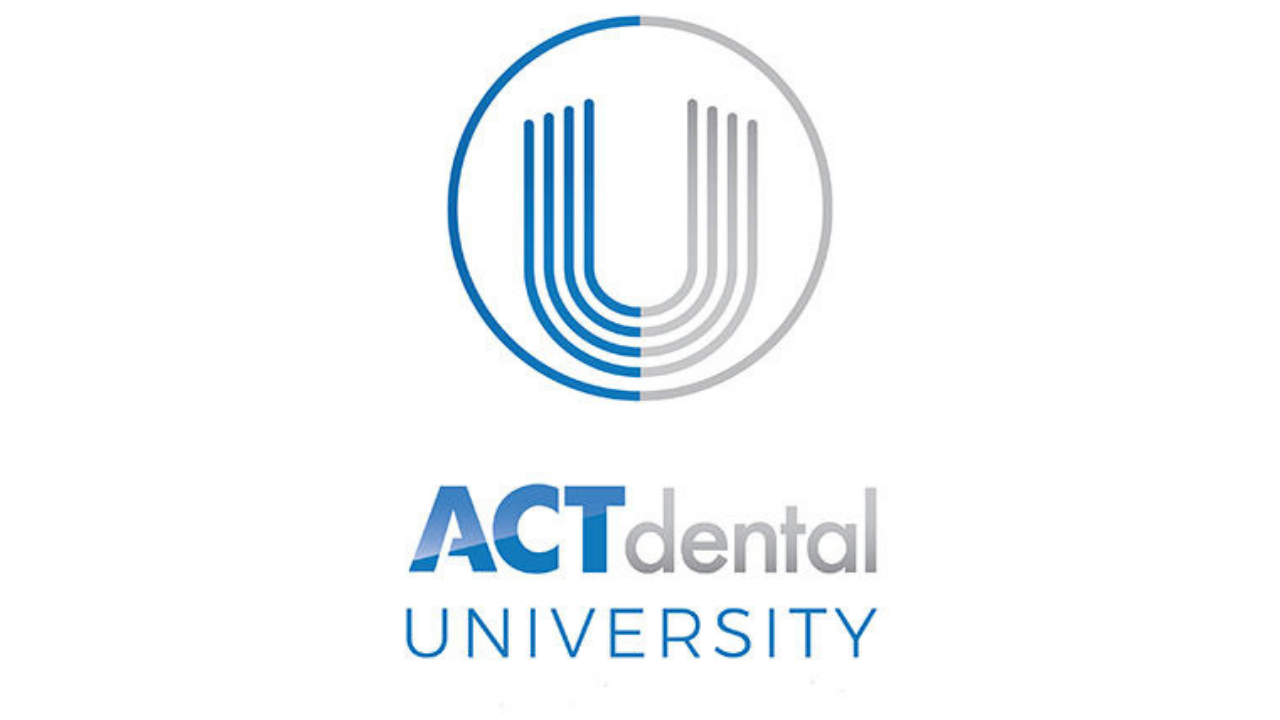
Get access to the best dental educators on the planet to bring you "best practices" and help you become the dentist you were called to be. Watch what you want, when you want it. It's 24/7 on-demand access. Friday's we host "Master Classes" with the very best dental speakers you will ever see.
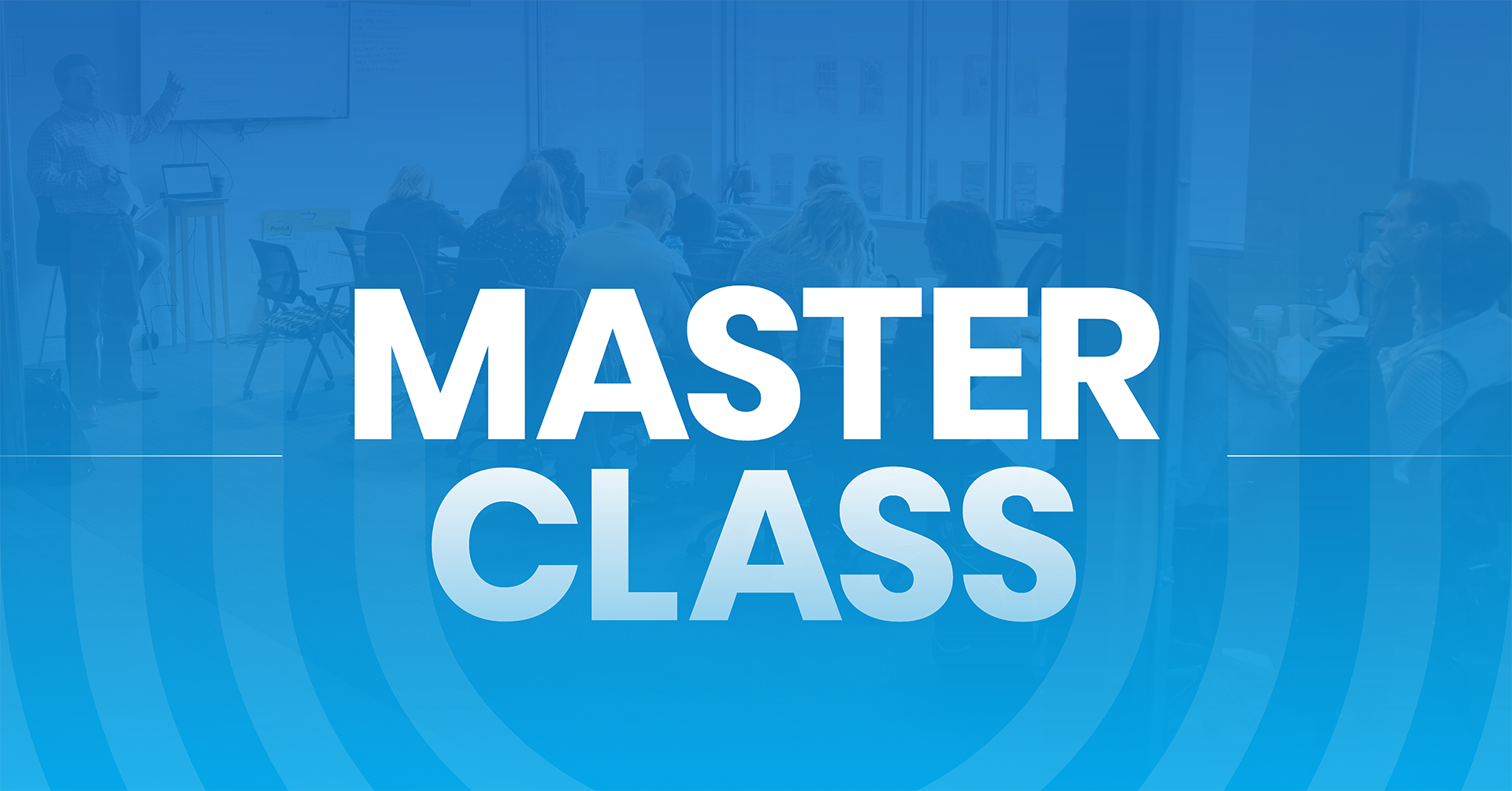
Reserve your spot at the next ACT Dental Master Class
Learn From One of the Best Educators During Our BEST PRACTICES MASTER CLASS Experience.
Kirk Behrendt
Kirk Behrendt is a renowned consultant and speaker in the dental industry, known for his expertise in helping dentists create better practices and better lives. With over 30 years of experience in the field, Kirk has dedicated his professional life to optimizing the best systems and practices in dentistry. Kirk has been a featured speaker at every major dental meeting in the United States. His company, ACT Dental, has consistently been ranked as one of the top dental consultants in Dentistry Today's annual rankings for the past 10 years. In addition, ACT Dental was named one of the fastest-growing companies in the United States by Inc Magazine, appearing on their Inc 5000 list. Kirk's motivational skills are widely recognized in the dental industry. Dr. Peter Dawson of The Dawson Academy has referred to Kirk as "THE best motivator I have ever heard." Kirk has also assembled a trusted team of advisor experts who work with dentists to customize individual solutions that meet their unique needs. When he's not motivating dentists and their teams, Kirk enjoys coaching his children's sports teams and spending time with his amazing wife, Sarah, and their four children, Kinzie, Lily, Zoe, and Bo.
RECENT POSTS
995: Crisis Coverage Planning – Paul Sletten
January 14, 2026
994: Metric Mondays: Profitability – Miranda Beeson
January 12, 2026
Data Snapshot: Average Treatment Presented
January 09, 2026
992: What You Don't Know About Shared Network Agreements in Dentistry in 2026 – Sandi Hudson
January 07, 2026
Your Words Shape Your Momentum - Choose Wisely
January 05, 2026
991: Metric Mondays: Overhead – Lab Percentage – Robyn Theisen
January 05, 2026
The Three Roles That Define Dental Practice Success
January 02, 2026
990: Hiring the Wrong People? You Might Be Missing This One Crucial Step – Carlie Einarson
January 02, 2026
989: Master the Metrics – Simple Data, Big Impact – Robyn Theisen
December 31, 2025
